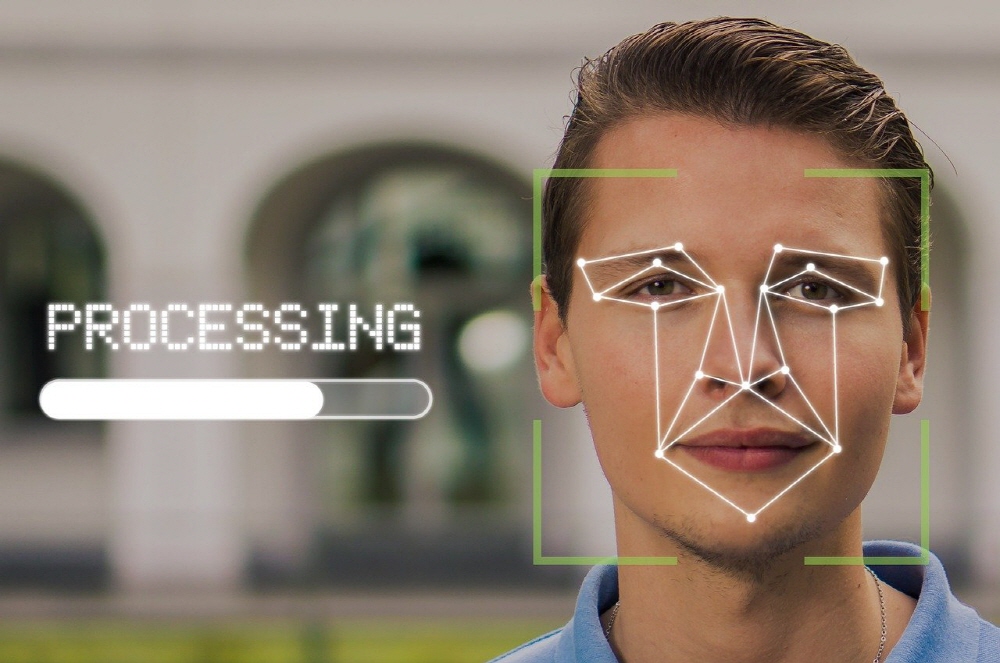
The European Parliament announced on 6 October 2021 that it had adopted a resolution requiring law enforcement agencies to ban the use of facial recognition technology or technology that predicts crime. The reason behind the European Parliament’s banning of investigations using artificial intelligence lies in the fear that discrimination may be encouraged by algorithmic bias.
In the resolution adopted by 377 in favor, 248 against, and 62 abstentions, the European Parliament said that AI algorithms are biased and that AI is supervised by humans to prevent its use in discriminatory situations such as investigations by law enforcement agencies and border checkpoints. and the need for restrictions by strong legal powers. Specifically, biometric technologies such as facial recognition, predictive security that predicts crime in advance, and the Chinese social credit system that monitors and evaluates citizens are subject to the ban.
In a statement released by the European Parliament, the European Parliament pointed out that AI-based identification systems have a high rate of misidentification of ethnic minorities, LGBTIs, the elderly and women, which is a concern in the law enforcement and judicial scene. Moreover, the European Parliament says that if public institutions use AI, they must ensure sufficient transparency and traceability, such as using open source software.
According to the report, the resolution is not legally binding, but it could be a strong signal influencing the European Parliament’s decision to deal with AI-related legislation in the future. Therefore, in the EU, unless it is a measure against serious crimes such as terrorism, it seems that the use of biometric technologies, including facial recognition technology, in public places may be severely restricted.
In response to the resolution, a member of the European Parliament from Bulgaria urged the resolution to temporarily halt the introduction of face authentication systems for law enforcement purposes, as biometric technologies have proven to be ineffective and often with discriminatory results. He clearly opposes biometrics, which will lead to predictive policing and citizen surveillance using AI, stressing that the decision will be a big win for all European citizens.
In some areas, AI-related technologies for the purpose of crackdown or prevention of crimes are being introduced, while movements to ban their use are accelerating due to concerns about discrimination and misconceptions. In 2020, the use of a live face authentication system that monitors citizens’ faces in real time in London, UK against the backdrop of an increase in terrorism or violent crime, started, but the EU is considering a ban on the use of facial recognition technology in public places from 2020. In the United States, several local governments are enacting laws to ban the use of face recognition technology one after another due to the occurrence of misidentified arrests by the first face authentication system. Related information can be found here.


















Add comment